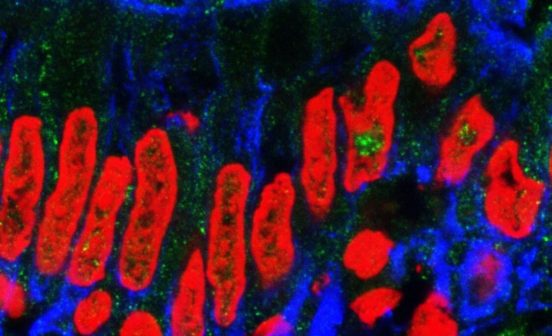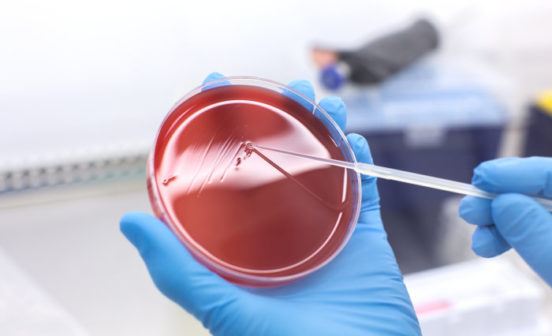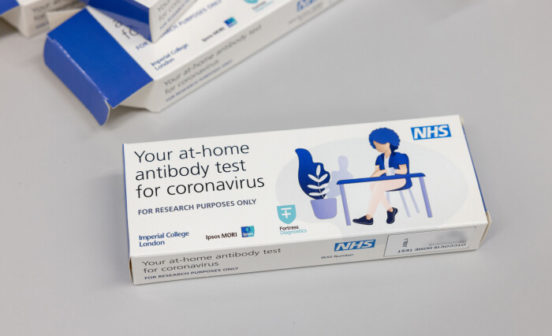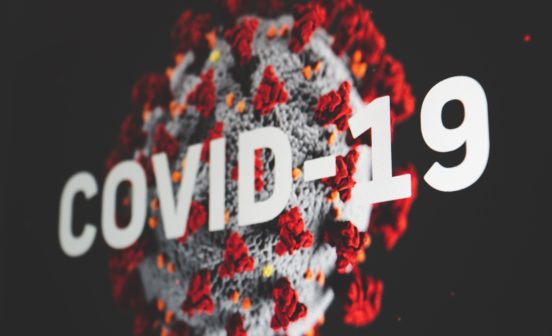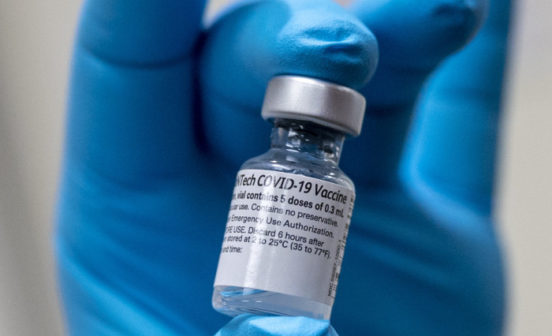DeviceDiagnosticInnovation New technology could revolutionise the detection of blood-borne infections
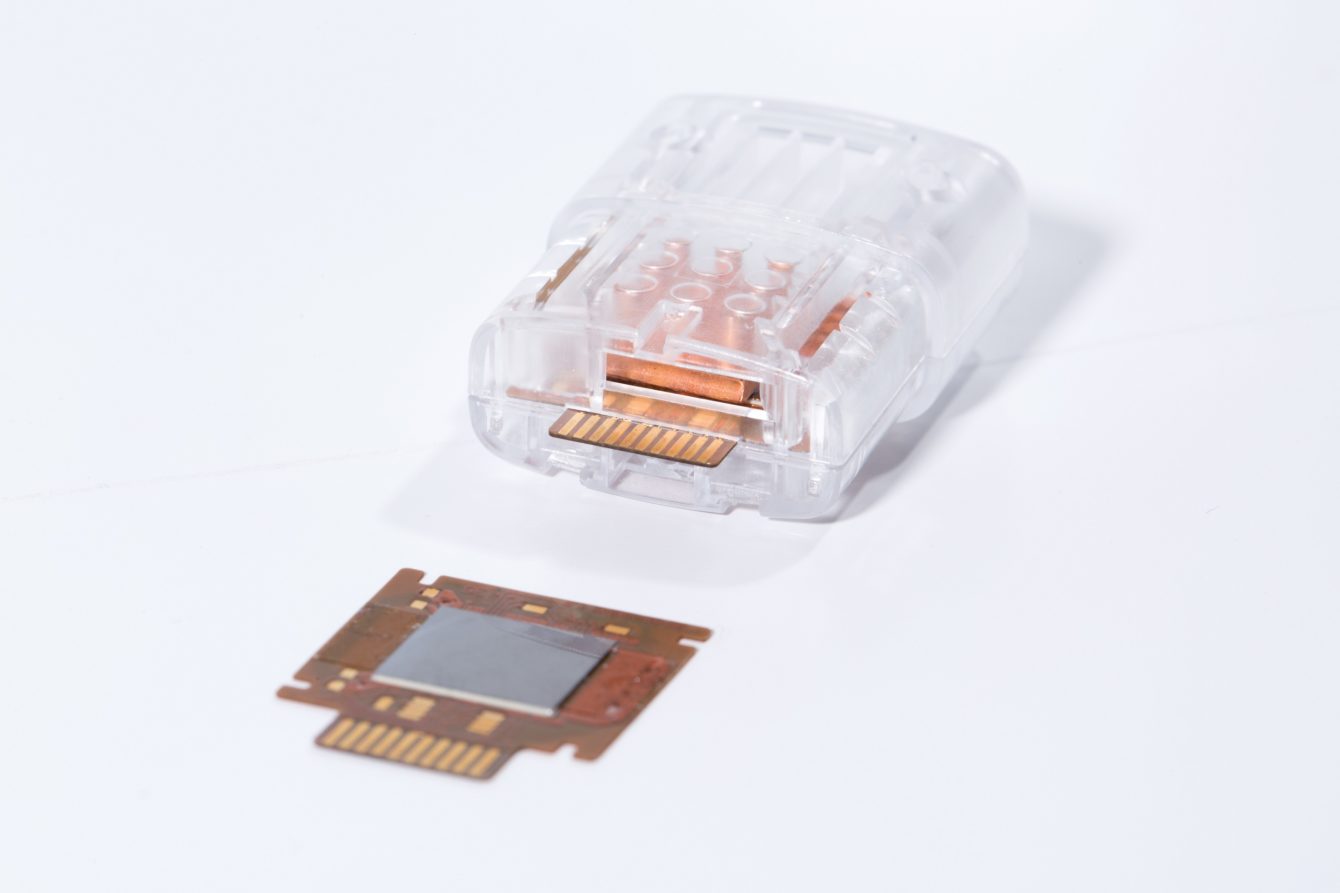
A device with the potential to revolutionise the diagnosis and treatment of sepsis has been unveiled at an Imperial College/Royal Institution Technology vs Infectious Disease summit showcasing the best in British technology in combating global infection.
Sepsis is a potentially life-threatening condition caused by bloodstream infections which can lead to multiple organ failure, proving fatal in ~6 million people worldwide and 44,000 people in the UK each year. Currently, diagnosis of sepsis can take several days; the novel, point of care LiDiaTM test uses semiconductor-based genomic analysis technology to detect up to 95% of sepsis-causing infections within 2-3 hours.
The technology which forms the basis of this test has been developed by Professor Chris Toumazou, DNA Electronic’s Founder, Executive Chairman and Regius Professor at the Department of Electrical and Electronic Engineering at Imperial, and has a wide range of potential applications. The NIHR Imperial BRC has supported multiple collaborations to investigate semiconductor technology in a variety of clinical conditions, including HIV. In 2016, a study led by Dr Graham Cooke, published in the journal Scientific Reports showed that it was possible to detect HIV in a drop of blood on a device as small as a USB stick, producing the result in less than 30 minutes. Although further development is required, this test has great potential as a point-of-care diagnostic device, particularly in environments without access to laboratory equipment, and could be developed to detect multiple infections simultaneously.

